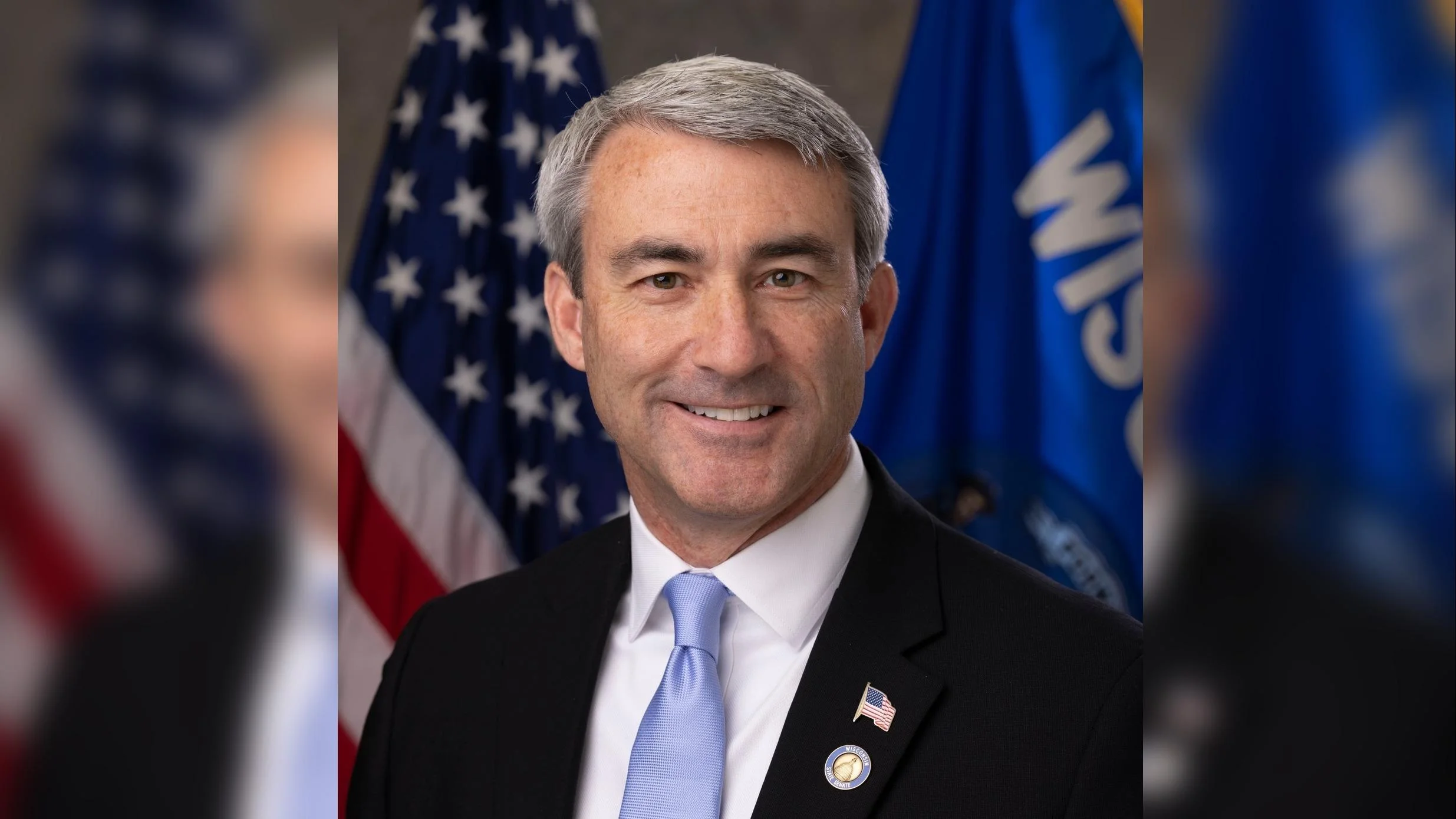Senator Rob Hutton | Official U.S. Senate Headshot
Senator Rob Hutton | Official U.S. Senate Headshot
Wisconsin enjoys excellent quality healthcare and a uniquely competitive private insurance market. However, ominous trends that threaten the quality and availability of care require the attention of elected officials at all levels.
Fortunately, members of both parties in Wisconsin have shown they can agree on the problem—and on a range of pro-consumer solutions.
Healthcare’s rapidly rising costs are perhaps most concerning. Wisconsin has the 5th highest healthcare costs in the entire country, according to a new RAND Corporation study. However, another study found the state’s healthcare costs to actually be among the cheapest.
This conflicting information underscores how opaque and confusing healthcare prices are for consumers. "We cannot make informed decisions about the true value of any product without price and quality information," said one legislator. "But when was the last time you knew what a medical service would cost you or your insurer before the bill arrived?"
In response, Senate Bill 328, a price transparency bill co-sponsored this past session, aims to incentivize providers to publicize pricing data for common procedures. This would help give consumers the price information they need to judge the true value of services and incentivize better value care.
Health insurance costs are also a significant concern for employers who faced an 8.5% premium increase for 2024 and a 22% increase since 2018. In many cases, getting care outside the traditional insurance and doctor’s office-based system can save money for both employer and employee.
One innovation is direct primary care, where patients can get most medical services for a flat monthly fee, reducing the need for insurance and lowering prices. Another option is retail health clinics—small walk-in clinics often located inside retail or drug stores—where patients can receive essential care for fees that can be 30-40% less than those at doctor’s offices.
Market consolidation also drives up prices. In Wisconsin and across the country, smaller healthcare providers are merging, eliminating competition and raising prices as high as the market will bear. While competitive forces incentivize value, monopolies limit choices and raise prices.
Another priority should be easing shortages in the healthcare workforce. Republicans and Democrats agree that empowering professionals is key to addressing this issue.
According to the Kaiser Family Foundation, 38% of Wisconsin’s primary care needs are currently unmet. A 2018 report projected that 40% of primary care physicians will retire by 2035, resulting in a shortfall of 745 doctors.
Senate Bill 145 aimed to allow advanced practice registered nurses to deliver essential services more independently than current law permits. Governor Evers vetoed this bill, delaying action on addressing physician shortages.
There is also a shortage of mental health providers. Senate Bill 515 sought to make it easier for licensed professionals from other states to offer services remotely to Wisconsinites—a policy proven effective during the pandemic but vetoed by Governor Evers when presented as permanent legislation.
Several bipartisan wins have been signed into law; however, much more remains to be done in future sessions. There is no shortage of ideas aimed at reforming the system to empower consumers and healthcare professionals alike.






 Alerts Sign-up
Alerts Sign-up